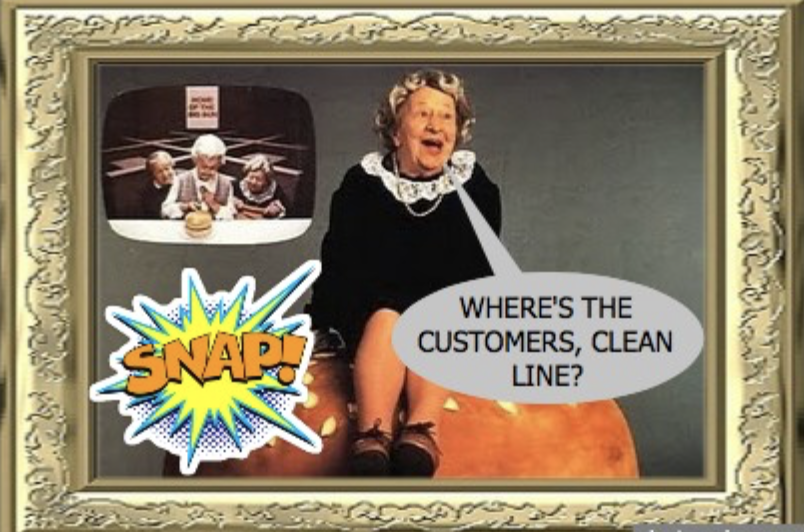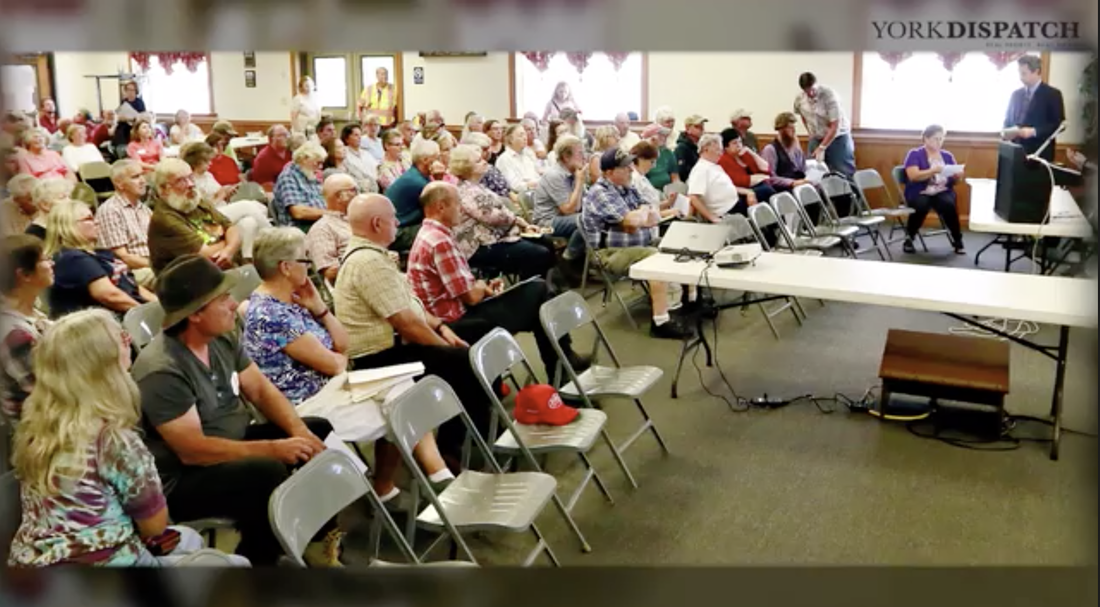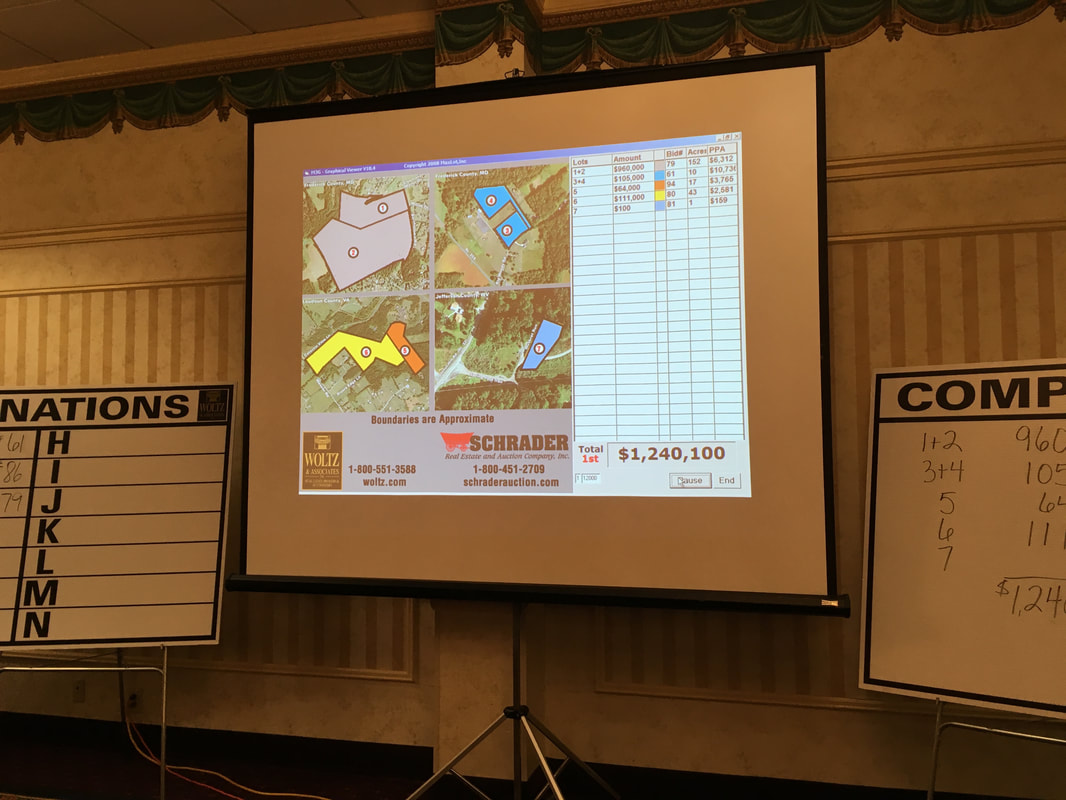The problem? A Missouri law that has been functioning for 100 years. Sec. 229-100 says
TITLE XIV ROADS AND WATERWAYS Chapter 229 Provisions Relating to All Roads
Section 229.100. Improvements along public roads--location--control.
229.100. No person or persons, association, companies or corporations shall erect poles for the suspension of electric light, or power wires, or lay and maintain pipes, conductors, mains and conduits for any purpose whatever, through, on, under or across the public roads or highways of any county of this state, without first having obtained the assent of the county commission of such county therefor; and no poles shall be erected or such pipes, conductors, mains and conduits be laid or maintained, except under such reasonable rules and regulations as may be prescribed and promulgated by the county highway engineer, with the approval of the county commission.
When the Mark Twain Transmission project was approved subject to future county assent, a Missouri court corrected by determining that county assent must come before PSC approval. Mark Twain found itself in a predicament. The counties would not give assent because the Mark Twain project proposed new rights of way over county roads. So, what did Mark Twain do? Did they have a big, sniveling tantrum and demand that Missouri change its law to allow crossing without county assent? No. Mark Twain went back to the drawing board to create a better project for which the counties could give assent.
The revised Mark Twain project used existing rights of way and road crossings for its project, adding new capacity and rebuilding an old circuit. Eminent domain for new rights of way was minimized. While not everyone was happy, the revised project was improvement enough to receive the assent of impacted counties. That's right... Missouri law worked as intended to allow impacted counties to have control over the crossing of their roadways, while still allowing transmission projects to be built.
The Mark Twain Transmission project is a MISO-ordered project. MISO thinks this project is important and needed. Perhaps it was important enough that compromise was the best path forward to achieving success. While MISO didn't get what it originally wanted, it did eventually get county assent to build a project that achieved its goal while also compromising to create a project that the counties could approve. This is the way the law is intended to work. Mark Twain changed its project to work within Missouri's law, instead of attempting to repeal the law in order to build its original plan.
Missouri law works to protect Missouri. There's no reason to toss the baby out with the bathwater and bow to out-of-state interests who don't want to follow Missouri law.
Clean Line's contention that no linear infrastructure projects can be built in Missouri with the 100-year old law in place is completely and totally wrong. Mark Twain is proof that infrastructure CAN be built in Missouri. It's testament that acceptable projects can be built.
The problem here is that Clean Line does not want to revise its project to become something acceptable to Missouri counties. Clean Line has cut off all communication with Missouri counties. Clean Line is not even trying to compromise for a win-win -- where counties are happy and projects get built. Instead, Clean Line wants to have its own way, building its project and leaving counties with the tax burden of caring for the roads Clean Line destroys. This is not in the best interest of Missourians. It is only in the best interests of Clean Line, an out-of-state company with foreign investors.
Just say no to Clean Line. Say no to its outside interference in Missouri's legislative process. Once Missouri cedes control of its fate to the hands of outside influence, it can never be regained.
Clean Line needs to go back to the drawing board and build a better project, one that doesn't require Missouri to cede control to greedy foreign investors or urban environmental groups. One that works for Missourians. Put Missouri first!





 RSS Feed
RSS Feed